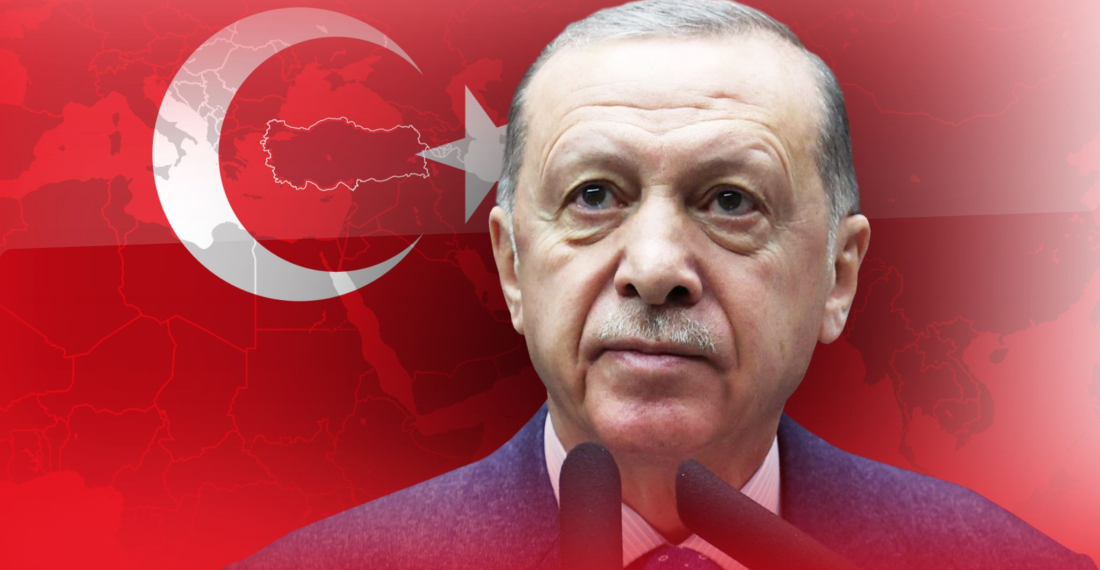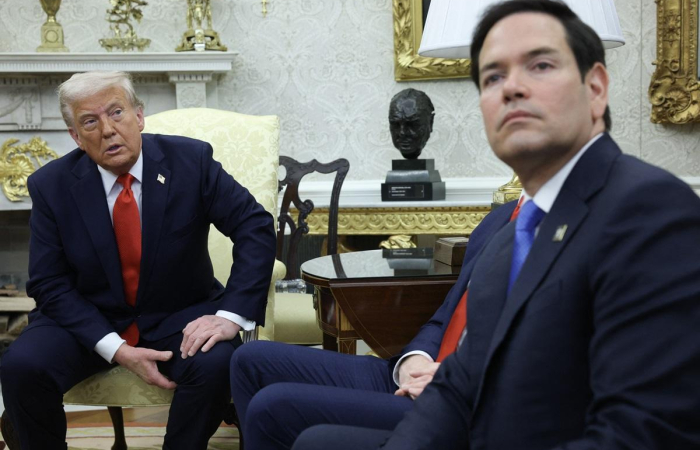Last week, LINKS Europe organised a major conference in the Hague with the theme, “The South Caucasus, again in transition”. The event brought together experts, policy practitioners, and political voices from Armenia, Azerbaijan, and Georgia to discuss the regional dynamics in the South Caucasus and the role of the European Union and Türkiye in the region.
Apart from the speakers around fifty other persons participated, including experts and opinion shapers from the region and Europe, diplomats based in The Hague and representatives of many international organisations.
Unusual for such events on the South Caucasus was the focus on Türkiye and its place in the region. Professor Mitat Çelikpala, from Kadir Has University (Istanbul, Türkiye), made the opening remarks, in which he very ably captured the essence of today’s Turkish foreign policy. He stated: “Türkiye’s carefully calibrated strategy reflecting regional dynamics is sometimes considered by the EU as overly accommodating to non-western powers but it attempts to mediate and balance between different actors by implementing prudent policies and adapting to changing circumstances. But now Türkiye has to deal with internal dynamics necessitating certain capabilities”.
On the one hand, Türkiye is a prominent NATO member and a candidate member of the European Union. It remains committed to this path regardless of problems or setbacks. On the other hand, Türkiye has sought to open new relations by being close to organisations like BRICS and the Shanghai Treaty Organisation.
Professor Çelikpala argued that in the South Caucasus, Türkiye supports regional co-operation, but it also emphasises the exclusion of outside elements such as the EU and the US. This can best be seen in the 3+3 initiative that is supposed to bring together the three South Caucasus countries (Armenia, Azerbaijan and Georgia) with the three regional powers (Russia, Türkiye and Iran). Georgia has not participated yet, in the 3+3 format, citing its problems with Russia.
Professor Çelikpala spoke about the closeness of relations between Türkiye and Azerbaijan, which, since the Shusha Declaration of 2021, can be described as an allied relationship. Türkiye also has good relations with Georgia but its relations with Armenia have been problematic and efforts are under way to restore relations but this has been overshadowed by the delays in the signing of an Armenia-Azerbaijan Peace Agreement.
The panel discussion that followed was ably chaired by Amanda Paul from the European Policy Centre in Brussels.
Johnny Melikyan from the Orbelli Centre in Yerevan spoke about Armenia’s efforts, particularly in the last three years, to normalise its relations with Türkiye. He cited different initiatives taken by Yerevan, including the temporary opening of the land border to deliver humanitarian aid following earthquakes in Türkiye and Syria. He said that Türkiye must not lose the moment and needs to move decisively to normalise its relations with Armenia.
The second panellist was Mehman Aliyev, Founder and Director of the Turan News agency in Baku. He spoke about Türkiye’s historical role in the region, and its various initiatives over the years. He cited in particular the initiative of President Suleiman Demirel.
The high quality of the presentations at the LINKS Europe conference on 3 April did justice to the importance of the topic. All presentations assessed opportunities for constructive engagement and balancing geopolitical interests, emphasizing Türkiye's potential as both a partner and a mediator.
Türkiye’s strengths and weaknesses reflect themselves in its South Caucasus policy
Türkiye is a giant that is waking up. It has a large and professional army. It has a vibrant economy and its huge exports have mitigated economic woes. It has an extensive foreign policy network with embassies across the world, it has a young and ambitious population, and it has plenty of soft power tools.
But at the same time, it has governance problems and challenges. President Recip Tayip Erdogan is getting old, and he has expressed a wish not to contest the next election. He will be a hard act to follow, and his AK party does not seem to have a plan for the succession. The country is divided and polarised. The recent arrest of the Mayor of Istanbul, and likely opposition candidate in the next presidential elections, has exacerbated the situation. The AK party may still have the numbers to win elections, but it has lost the big cities, and some say the intellectual elite. Exports may help the Turkish economy to stay afloat but serious inflation, and the decline in the value of the Turkish Lira, are unsustainable in the long term.
But the South Caucasus is too close and too important for Türkiye. Its problems will not deflect its commitment and engagement with the region. Most issues have cross party support, though there are some important nuances such as the timing of normalisation of relations with Armenia. But there are different views on this issue within the AK party too.
The world, and the EU in particular, must therefore take Türkiye in account when discussing the South Caucasus and formulating its policies in the region.
As for Türkiye, three things are necessary in the short term:
- Relations with Armenia must be normalised immediately, including the opening of the land border and the establishment of diplomatic relations;
- Türkiye must understand that the South Caucasus is important for the EU because of its proximity and connectivity value. The EU is therefore in the region long-term. There is therefore a need for an intensified EU- Türkiye Dialogue on the South Caucasus. In 2025 this should start at the level of think tanks but by next year it should be developed into a high-level diplomatic framework;
- Türkiye must rethink its 3+3 initiative, not only because in reality it is 2+3, but also because the geo-political realities have changed. Türkiye can launch a new initiative, with the three South Caucasus countries and Türkiye at the core (3+1), and others, including the EU, brought in flexibly, and from time to time.
Türkiye must be perceived in Europe as an important partner in the South Caucasus. New and ambitious co-operation mechanisms need to be found and established. Türkiye must do its part too by engaging flexibly, constructively, and innovatively with the region and its neighbourhood.






